Mr. Mark Okoye, the Managing Director/CEO of the South-East Development Commission (SEDC), says the region is currently grappling with numerous environmental challenges with over 2,500 active erosion sites, high unemployment rates, and difficult investment climate.
The issues underscore the need for concerted efforts to address the region’s development gaps and foster a more conducive environment for growth, he said.
In a statement by the media unit of the commission on Wednesday, the SEDC boss said that, notwithstanding the numerous challenges, they remain resolute in their pursuit of driving infrastructural development within the region.
Okoye, in his inaugural address, expressed gratitude to President Bola Tinubu for the opportunity to serve, while also acknowledging the 10th National Assembly’s courage in passing the SEDC bill.
He also commended the Senate Committee on Regional Commissions for their role in screening and confirming the board members.
“Following the official inauguration last week, the commission is now set to commence the execution of its mandate of rebuilding critical infrastructure damaged during the Nigerian Civil War and addressing broader developmental challenges in the region,” he said.
Okoye underscored the urgent need for development, referencing World Bank estimates which indicate that Nigeria requires a staggering annual investment of $100-$150 billion to bridge its infrastructure gap, with a minimum of $10 billion necessary to transform the South East region.
These challenges notwithstanding, the SEDC boss declared a goal to grow the South East economy to $200 billion by 2035, in line with President Tinubu’s vision of a $1 trillion national Gross Domestic Product.
Okoye pledged the commission’s readiness to collaborate with state governments, the private sector, and development partners to drive inclusive growth in the region.
The statement reads: “As part of its immediate strategy, the commission will engage with state governments to align initiatives with regional priorities and the Renewed Hope Agenda; the private sector to secure investments and create job opportunities.
“We will partner academia and research institutions to ensure evidence-based policymaking and workforce development; traditional and religious leaders to strengthen grassroots engagement and social cohesion and civil society organisations to promote accountability and inclusivity.
“In the coming months, SEDC will launch several initiatives, with a forthcoming interactive website to enable public engagement.
“We have a unique opportunity to transform the South East into an economic powerhouse. Together, let us usher in a new era of regional development and economic transformation.”
The SEDC has a history that dates back to 2016 when a bill seeking to establish the commission was first read in the Senate.
The bill was sponsored by Sen. Samuel Anyanwu and Sen. Stella Oduah.
Although the bill was not passed during the administration of President Muhammadu Buhari, it was revisited and eventually signed into law by President Bola Tinubu on July 24, 2024.












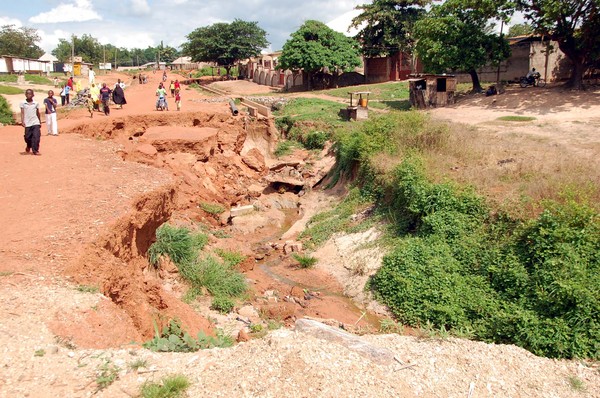
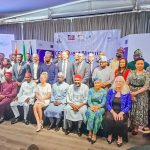
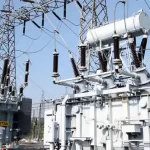




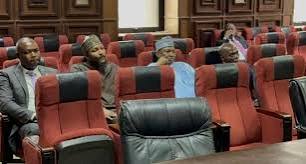











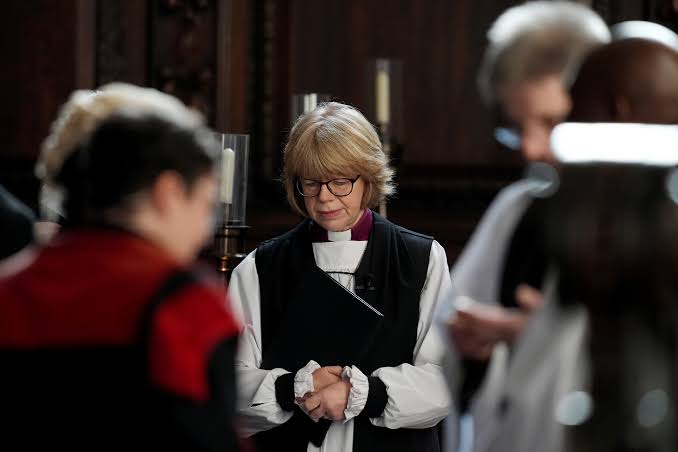

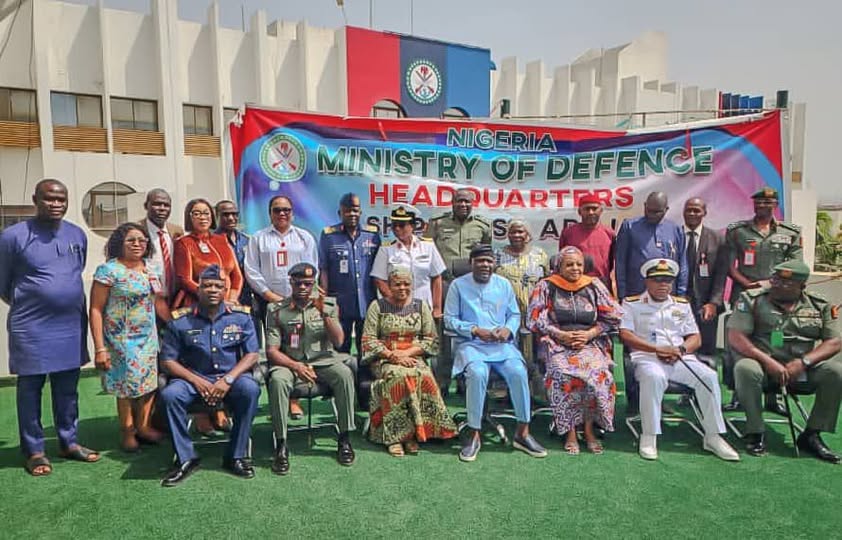
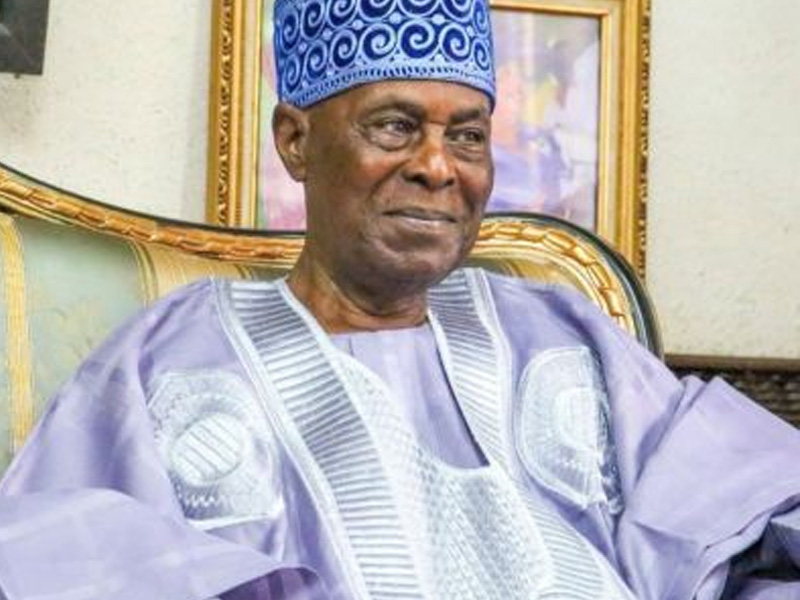

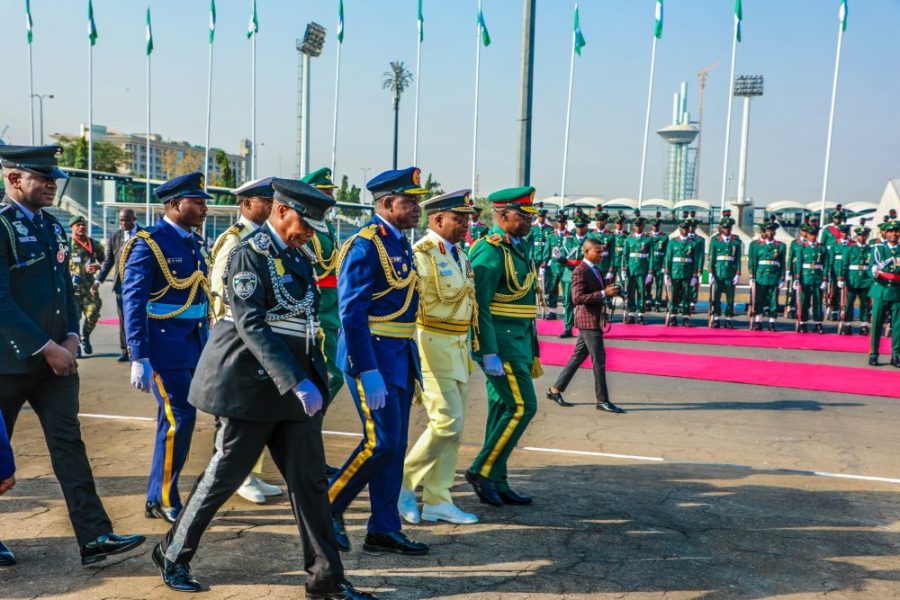
Leave a comment